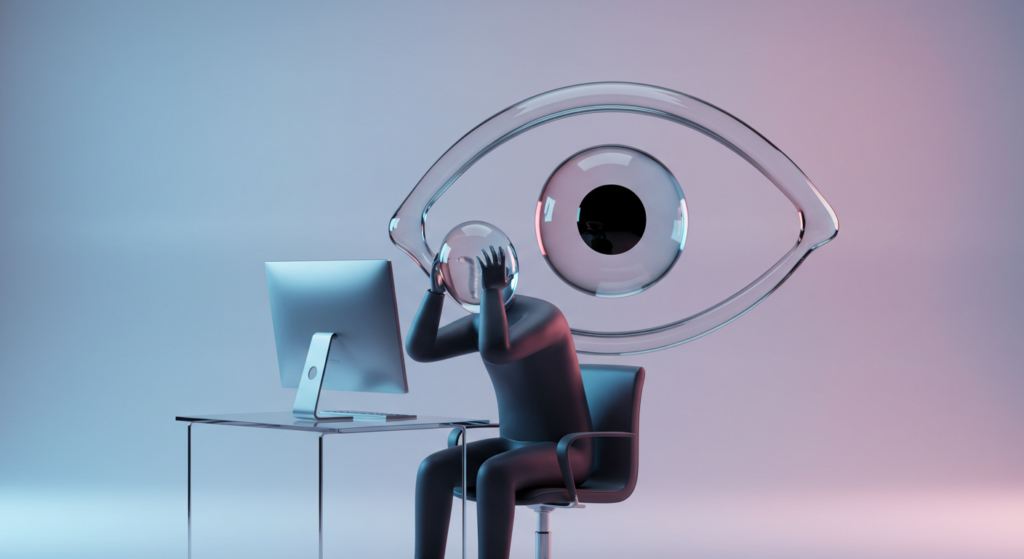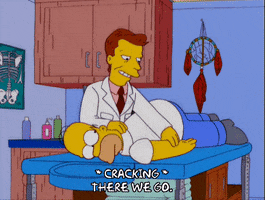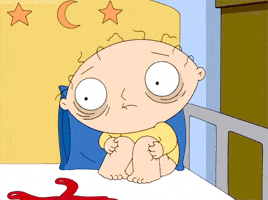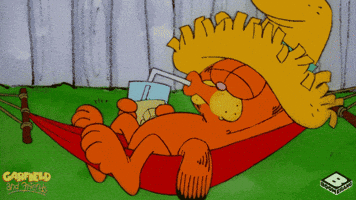
Trading can be rewarding, but it also comes with hidden costs. We’re not talking about spreads or commissions. We’re talking about your health and well-being—the things that quietly suffer behind every chart, late-night trade, or missed break.
If you’re a trader in LATAM navigating global markets, it’s likely you’re glued to screens, skipping sleep, and feeling the mental pressure mount. But what does that really cost you?
This article dives into the unseen toll of trading—on your eyes, your mind, and your body—and offers practical steps to protect your performance and your peace.
👀 Screen Time: The Silent Strain
Trading demands attention. But hours of staring at blinking charts, newsfeeds, and candlesticks take a toll. The most immediate? Eye fatigue, dry eyes, and headaches.
You blink less when focused. Your posture slumps. Soon, you’re dealing with neck pain, sore shoulders, and even chronic back issues. This is common among full-time traders who spend long hours at their desks.
🛠️ How to Reduce Screen Fatigue:
Invest in an ergonomic setup—your chair, monitor, and keyboard position matter more than you think.
Follow the 20-20-20 rule: Every 20 minutes, look at something 20 feet away for 20 seconds.
Use blue light filters to reduce eye strain.
Adjust your monitor’s brightness and contrast to match the room’s lighting.

🌙 Sleep Deprivation: A Hidden Threat to Performance
Markets move around the clock. If you’re chasing late-night trades or reacting to economic news, sleep often takes a backseat.
But poor sleep doesn’t just make you tired. It weakens your focus, dulls your thinking, and increases emotional reactivity. That leads to risky trades and regrettable decisions.
The culprit? Blue light exposure from screens disrupts melatonin production, messing with your circadian rhythm.
🌿 How to Sleep Better as a Trader:
- Set a “screens off” rule at least 30 minutes before bed.
- Create a wind-down routine—light reading, soft music, or meditation helps.
- Stick to a consistent bedtime, even on weekends or non-trading days.
Sleep is not optional. It’s your trading edge.

🧠 Mental Pressure: The Emotional Rollercoaster of Trading
Trading isn’t just technical—it’s deeply emotional. Watching profits rise and fall in minutes can be draining. Over time, that pressure builds up.
The result? Stress, decision fatigue, and even burnout. You might start second-guessing your analysis or taking impulsive trades just to “make up” for losses.
In LATAM’s fast-growing trading community, this emotional toll is often ignored—but it affects everyone.
💡 How to Manage Trading Stress:
Schedule non-trading time for family, friends, and fun. You’re not a robot.
Use the Pomodoro technique: 25 minutes of focus, 5 minutes of rest.
Try mindfulness practices: deep breathing, yoga, or even a short walk between trades.
Avoid watching every tick—set alerts for key levels instead.
🧩 Build a Balanced Trading Routine
Yes, strategy matters. But your routine matters more. You can’t execute well if your body and mind are drained.
Here’s how successful LATAM traders stay sharp:
- Move your body daily. Exercise improves focus and lowers stress.
- Eat well. Balanced meals beat caffeine and junk food every time.
- Sleep consistently. Your brain processes trades better when rested.
- Protect downtime. Not every hour needs to be a trading hour.
Sustainability beats intensity. You don’t need to burn out to succeed.

💬 Final Take: Health First, Profits Follow
Trading may feel like a numbers game, but the real win is in longevity. When your mind is clear and your body is energised, your trading improves.
The costs of trading—screen strain, lost sleep, high stress—can slowly eat away at your performance. But by taking control of your well-being, you protect your edge.
Sharp traders make smart decisions. Balanced traders stay in the game longer.

🚀 Trade Better with VT Markets LATAM
At VT Markets, we’re more than just a trading platform. We support your journey with tools, insights, and resources that put your health and performance first.
✅ Lightning-fast execution
✅ Risk management tools
✅ Real-time alerts to help you step away and still stay informed
Join us today and start trading smarter—with balance, not burnout.
🙋 FAQs
1. Why do traders experience screen fatigue?
Constant focus on charts reduces blinking and strains eye muscles. Without breaks, it causes headaches and posture problems.
2. Can lack of sleep really affect trading performance?
Absolutely. Sleep affects memory, decision-making, and mood—key traits for effective trading.
3. What’s the Pomodoro technique and how does it help?
It’s a time-management method. 25 minutes of focus, then 5 minutes of rest. It boosts productivity and lowers stress.
4. Is it bad to trade at night?
Trading at night increases sleep disruption, especially with high screen exposure. Limiting late-night trades can improve health.
5. How does VT Markets support a balanced trader lifestyle?
With tools like alerts, easy mobile access, and educational content, VT Markets helps you stay informed without overtrading.








